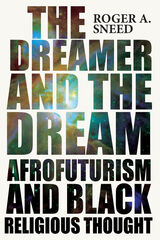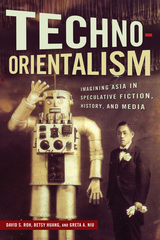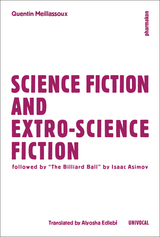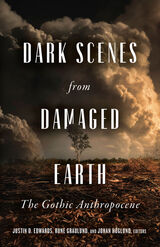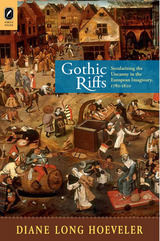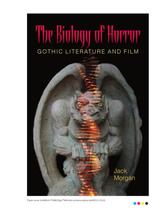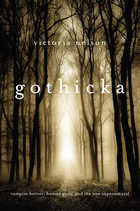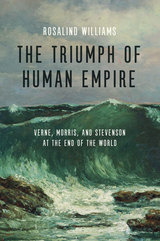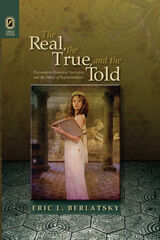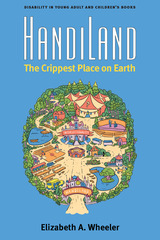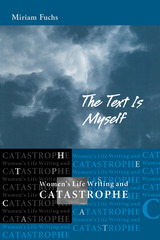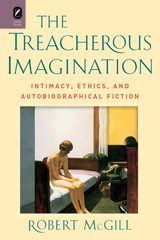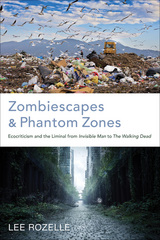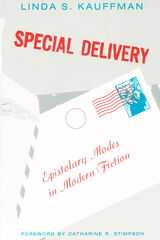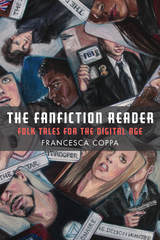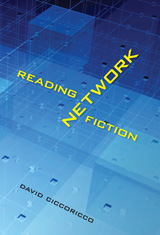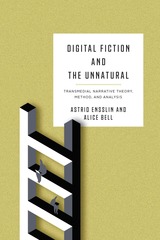The Treacherous Imagination: Intimacy, Ethics, and Autobiographical Fiction
The Ohio State University Press, 2013
Cloth: 978-0-8142-1231-8 | Paper: 978-0-8142-5413-4 | eISBN: 978-0-8142-7108-7 (individual)
Library of Congress Classification PN3448.A8M43 2013
Dewey Decimal Classification 809.382
Cloth: 978-0-8142-1231-8 | Paper: 978-0-8142-5413-4 | eISBN: 978-0-8142-7108-7 (individual)
Library of Congress Classification PN3448.A8M43 2013
Dewey Decimal Classification 809.382
ABOUT THIS BOOK | AUTHOR BIOGRAPHY | REVIEWS | TOC
ABOUT THIS BOOK
Many authors have been accused of betraying their loved ones by turning them into fictional characters. In The Treacherous Imagination, Robert McGill examines the ethics of writing such stories. He argues that while fiction has long appealed to readers with its narratives of private life, contemporary autobiographical fiction channels a widespread ambivalence about the value of telling all in a confessional age—an age in which fiction has an unprecedented power to leave people feeling libeled or exposed when they recognize themselves in it.
Observing that the interests of authors and their loved ones in such cases are often less divergent than they appear, McGill assess strategies by which both parties might use fiction not to hurt each other but to revise and revitalize intimacy. Discussing authors such as Philip Roth, Alice Munro, A. S. Byatt, and Hanif Kureishi, McGill questions whether people should always require exclusivity of each other with regard to the stories they tell about private life. Instead, authors and their intimates might jointly embrace fiction’s playful, transgressive qualities, even while reexamining the significance of that fiction’s intimations.
In treating autobiographical fiction as both a willful public indiscretion and a mediator of intimate relations, The Treacherous Imagination provides a comprehensive account of the various potentials that fiction holds to harm and to help those who write it, those who read it, and those who see themselves in it.
See other books on: Autobiographical fiction | Canadian | Ethics | Ethics in literature | Intimacy
See other titles from The Ohio State University Press

